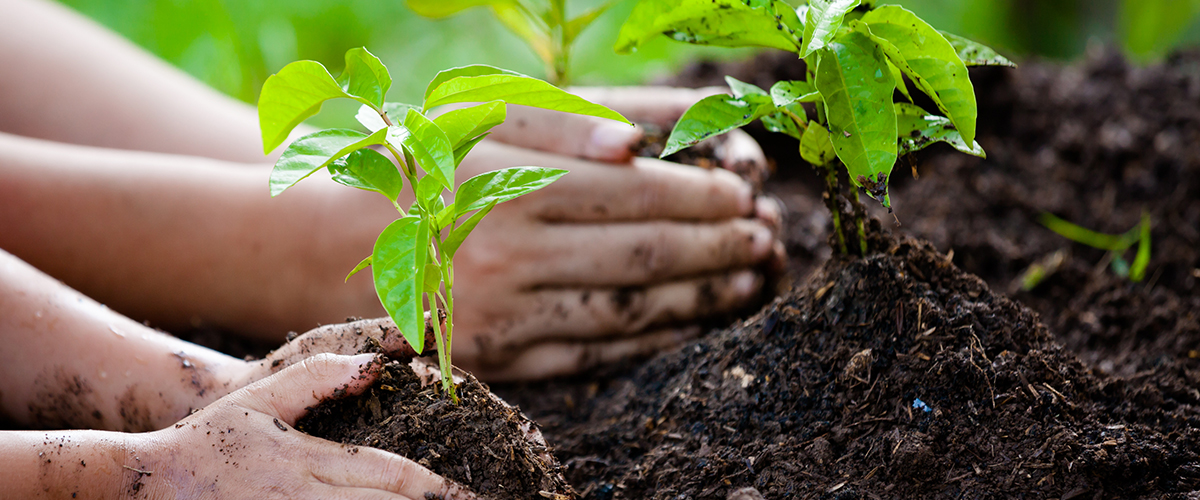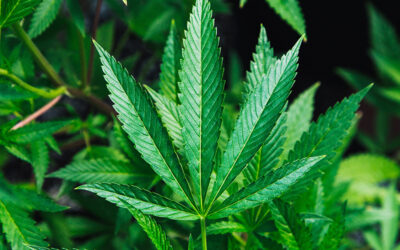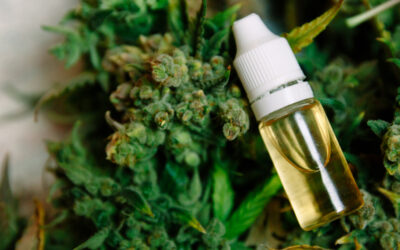When it comes to cannabinoids, many people have at least an introductory understanding of what THC (tetrahydrocannabinol) and CBD (cannabidiol) are, as well as their effects and possible benefits of use. However, there are over a hundred other compounds present in cannabis, and one of those cannabinoids is CBDA (cannabidiolic acid). Below, the cannabis experts at Medical Marijuana, Inc. explain everything you need to know about CBDA, including how it differs from CBD.
If you are interested in learning all about CBD, it is likely that at some point you have read about CBDA. CBDA is the abbreviation for a chemical compound called cannabidiolic acid. CBDA is found in cannabis plants, including both marijuana and hemp, and has a natural relationship with CBD, as CBDA is the acidic precursor to CBD.
Even though CBDA and CBD have a direct connection and are both cannabis-derived compounds, CBDA and CBD have distinct differences. Below you can find the answers to CBDA frequently asked questions, as well as explore the differences between CBDA vs CBD.
What is CBDA?
CBDA, or cannabidiolic acid, is one of the many cannabinoids that is naturally produced by cannabis plants. CBDA was first isolated in 1996 and is found most abundantly in raw marijuana and hemp material.
CBDA is the acidic precursor to CBD. Cannabis compounds go through major transformations over time, such as when they are dried or are exposed to heat. In raw cannabis, including fresh cannabis leaves and flowers that have not been dried, cured, or heated, all active compounds are first found in the form of acids, and that is the case with CBDA.
These inactive cannabinoid acids have an added carboxyl ring attached to their molecular chain. Either slowly over time or instantly when the acids are heated, they lose their acidic carboxyl group and break down into more active compounds. CBDA, for example, transforms from its raw form into the highly-sought-after active compound, CBD, through a heating process called decarboxylation.
People who juice raw cannabis enjoy a considerable serving of CBDA. The compound can also be found in raw hemp oil products, including CBD oil products that have not been decarboxylated or filtered in any way. This raw CBD oil containing CBDA can also be found in tinctures, capsules, and more.
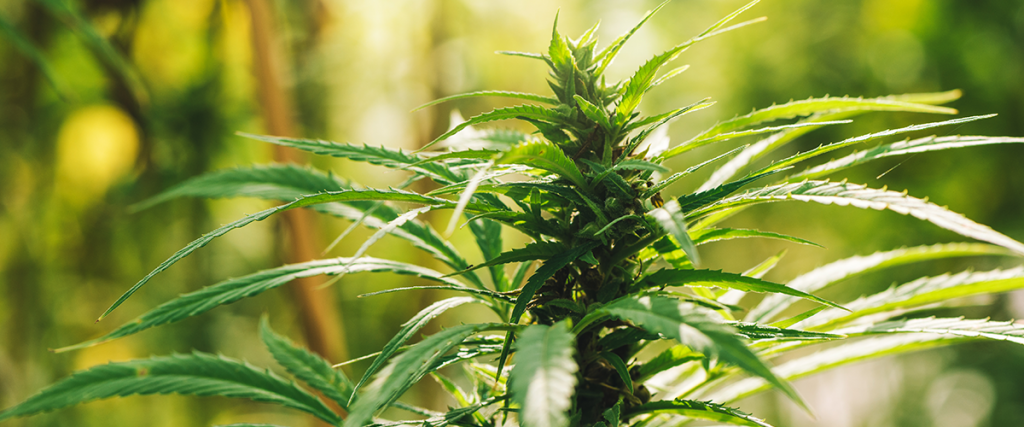
CBDA vs CBD
CBDA and CBD are both cannabinoids, a class of chemical compounds produced by the cannabis plant. There are an estimated 113 cannabinoids in cannabis, but the concentrations of each cannabinoid will vary depending on the variety of the plant and whether the plant’s materials have been decarboxylated.
CBD is present in only very small amounts in growing cannabis plants. Instead, most CBD initially exists as CBDA, and it isn’t until the plant is cut, dried, and heated that CBDA transforms into CBD.
Like CBD, CBDA is a non-intoxicating compound which means it doesn’t cause any euphoric effects when consumed.
Cannabinoids like CBDA and CBD interact with the body through its endocannabinoid system (ECS), a regulatory network that alters the release of neurotransmitters in the brain to keep functions in balance. However, CBDA and other acidic forms of cannabinoids affect the ECS in very different ways than the decarboxylated forms of cannabinoids, like CBD and THC, do.
What are the Potential Benefits of CBDA?
Now that you understand the difference between CBD and CBDA, it is clear that CBDA will offer different benefits than CBD. However, CBDA benefits are only just beginning to be fully understood. Researchers are still investigating the benefits of CBDA, including how the compound may be able to promote health and wellness.
CBDA benefits that have been discovered so far appear to be related to the compound’s influence on the endocannabinoid system and 5-HT receptors. Rather than bind directly with the endocannabinoid system’s receptors, CBDA interacts with the endocannabinoid system by inhibiting the cyclooxygenase-2 (COX-2) enzyme. CBDA is also thought to influence serotonin-related 5-hydroxytryptamine (5-HT) receptors.
Healthy serotonin levels and a more efficient endocannabinoid system will lead to overall better health. Tasked with promoting homeostasis within your body, the endocannabinoid system keeps a long list of functions in balance, allowing the body to thrive and helping you to generally feel better.
Research into CBDA benefits is not as robust as more prominent cannabinoids like CBD. However, early promising studies indicate possible natural health benefits.
Where Can I Purchase CBDA?
If you’re interested in adding the potential natural benefits of CBDA to your everyday wellness routine, Green Label Real Scientific Hemp Oil® (RSHO®) provides raw hemp oil products that contain CBDA.
The CBD oil found in Green Label products is a natural hemp product that has not been significantly filtered or altered in any way. The oil is not decarboxylated after being extracted from the hemp plant, so the resulting oil is kept in its raw form, giving you a similar experience to juicing hemp.
RSHO® Green Label is actually higher in CBDA than CBD and is a good choice if you’re looking to experience the natural effects of cannabinoids that are still in their acidic form. Derived from hemp, RSHO® Green Label products with CBDA are legal in the United States.
RSHO® Green Label offers a variety of different products, allowing you to choose the form that works best for you and your personal needs. You can choose from a hemp oil concentrate packaged in a convenient oral applicator tube, hemp oil capsules, hemp oil liquids, and tinctures.
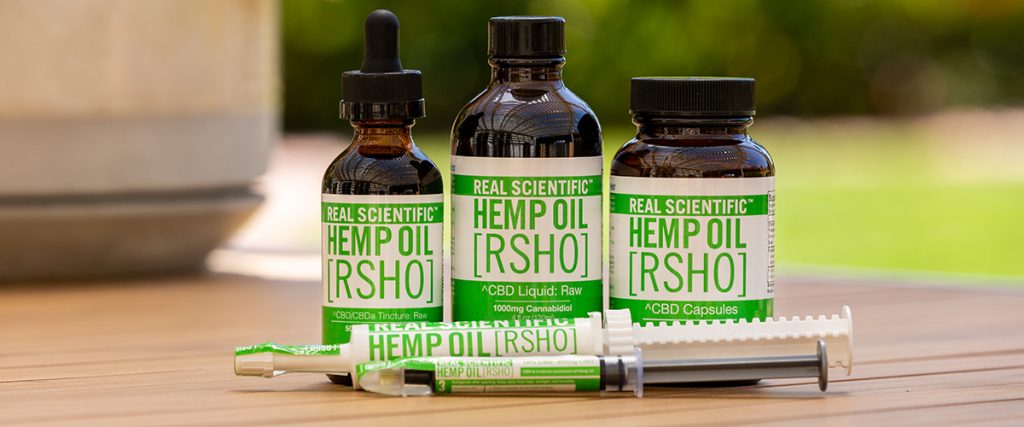
What is the Future of CBDA?
When it comes to the future of CBDA, there are still a lot of unknowns. Scientists have been examining CBDA for a relatively brief amount of time. In the short period since scientists have become familiar with CBDA, the compound has generally not been acknowledged as a viable beneficial compound. Compared to CBD, CBDA is much more unstable because of the natural process of decarboxylation.
However, relatively new research from renowned cannabinoid scientist Dr. Raphael Mechoulam suggests a potentially bright future for CBDA. At a cannabis conference in California in September 2019, Dr. Mechoulam announced that he and his team had found a way to transform unstable cannabinoid acids like CBDA into more stable compounds that will still interact with the body and its systems in the same way.
Dr. Mechoulam explained that his research team was able to stabilize CBDA by converting it into a methyl ester derivative called HU-580. This new compound appears to still influence the COX-2 enzyme and 5-HT receptors in the same way that CBDA does.
Researchers have just started scratching the surface of CBDA and there is still much to learn about the cannabinoid acid. There are still some possible benefits and uses for CBDA that may be uncovered in the years to come.
Learn More About CBDA and Other Types of Cannabinoids
Now that you have an introductory understanding of CBDA, you are ready to purchase a CBD oil product that features CBDA. You can find our selection of products with CBDA for sale by browsing RSHO® Green Label products in our online store.
If you are interested in learning more about cannabinoids like CBDA and CBD, as well as tips on how to use CBD oil, take a look at all of the CBD oil resources Medical Marijuana, Inc. has to offer. The CBD Oil Education guide can help you become an expert on all things CBD in no time.

